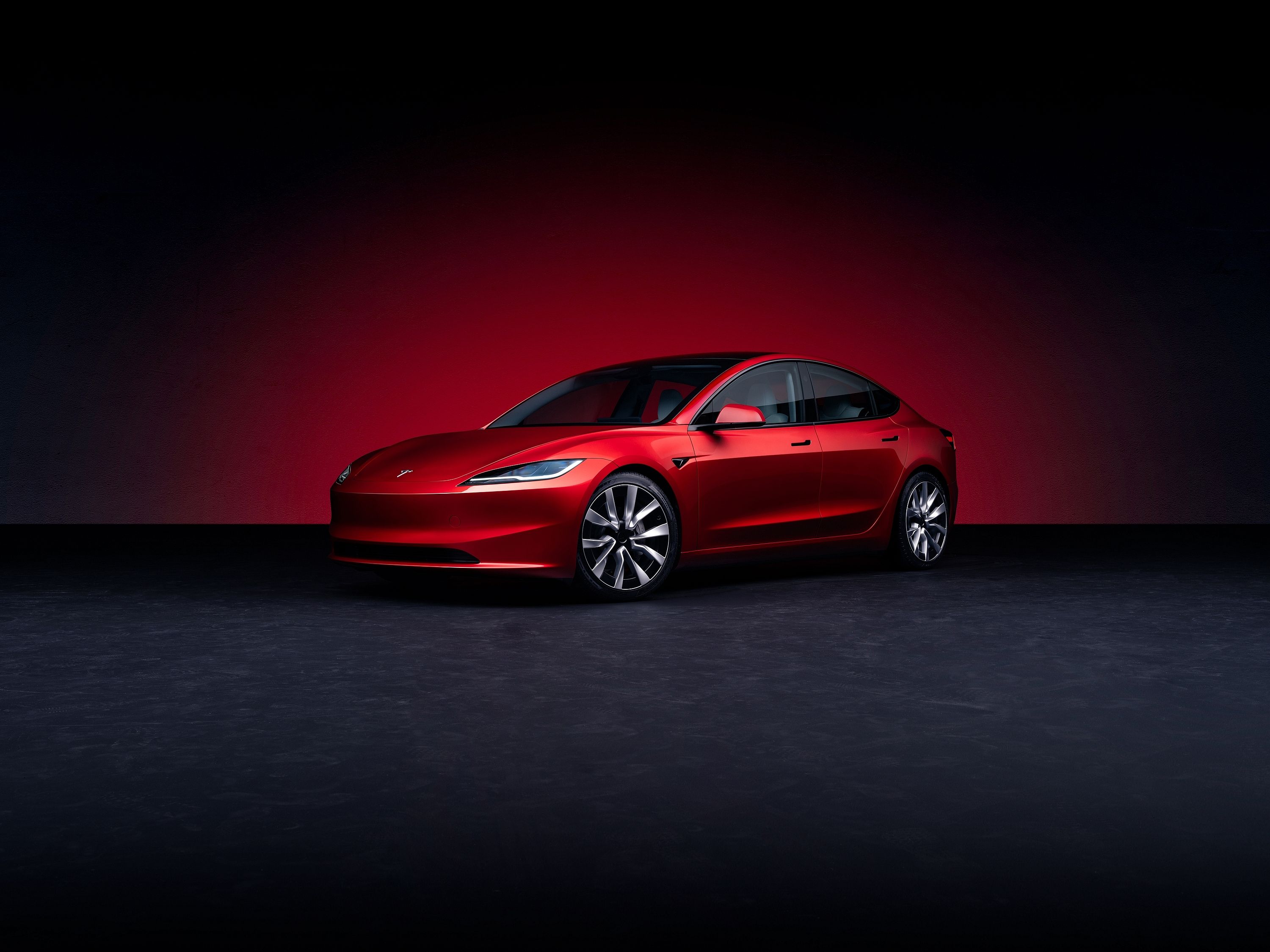
Tesla certainly has some lofty goals. Not only does the US automaker want to push electric vehicles into the mainstream, but it is also on the forefront of semi-autonomous driving in an effort to shift to fully self-driving "robo-taxis." Company CEO Elon Musk envisions a world where autonomous Tesla Model 3 taxis drive around without a driver. This sounds like a highly advanced future but recent events show Tesla may be further off from this reality than most people would believe.
In fact, Tesla is struggling to keep the current, semi-autonomous Model 3 viable as a fleet car. A German fleet company called Nextmove planned to add 100 cars for its electric rental service but Tesla canceled the order when faultless deliveries and on-time repairs were requested. "We had to insist on compliance with general quality standards and processes in order to protect our renters and our business model," Managing Director Stefan Moeller said. The company posted a video detailing the issue (found below) with English subtitles.
Nextmove's first 15 Model 3s arrived in early 2019, but only one in four was allegedly delivered with no defects. Some vehicles were not even road worthy. "Tesla has apparently arrived in service hell," Moeller said. Moeller says Tesla then gave Nextmove a 24-hour ultimatum and canceled the order for the remaining 85 cars after it expired, losing five million euros in the process.
Over the Summer, Nextmove attempted to buy four additional Model 3s over the internet. "The result was that Tesla offered us vehicles as new that had already been registered to a private individual before," Moeller explained. Buying pre-owned Tesla models would not be viable for Nextmove because it could not claim a public subsidy nor claim VAT from the tax office.
Nextmove has now been left struggling to fill customer orders who requested a long-term Tesla Model 3. "We have repeatedly offered to terminate long-term rental contracts or to rent other vehicles to customers at a discounted price," said Moeller. The Model 3s that were delivered often came with serious defects such as defective tires, paint and body damages, defective charge controllers, wrong wiring harnesses, and missing emergency call buttons.
"All this shows that Tesla is in a service hell after at least the production hell seems to be overcome. They are not willing or able to hand over vehicles without serious defects to a large fleet operator like us," said Moeller. Telsa likes to pitch how its cars don't require traditional maintenance because they have fewer moving parts but quality issues like this have still derailed the company as it aims to make EVs mainstream.
